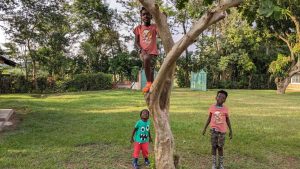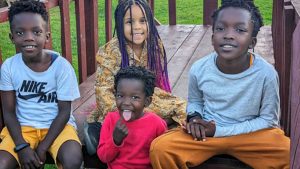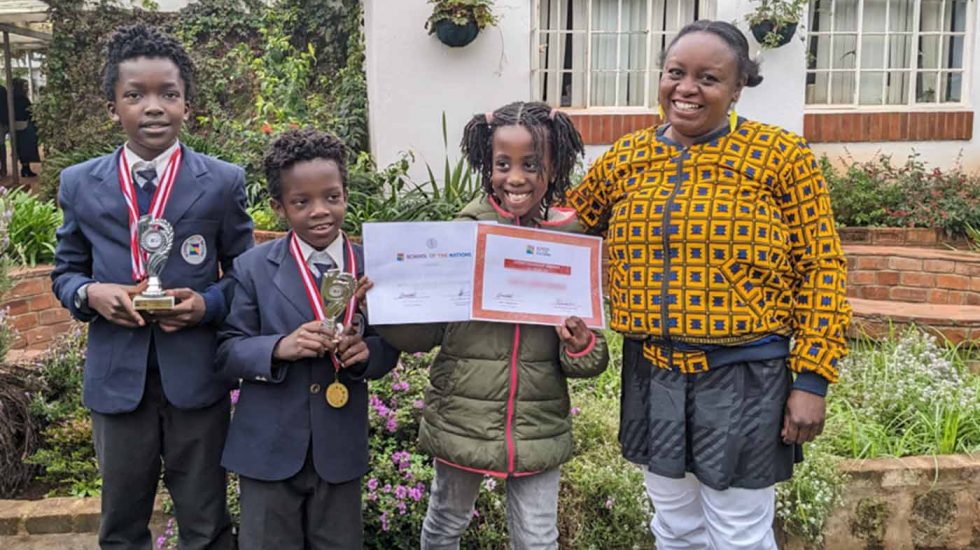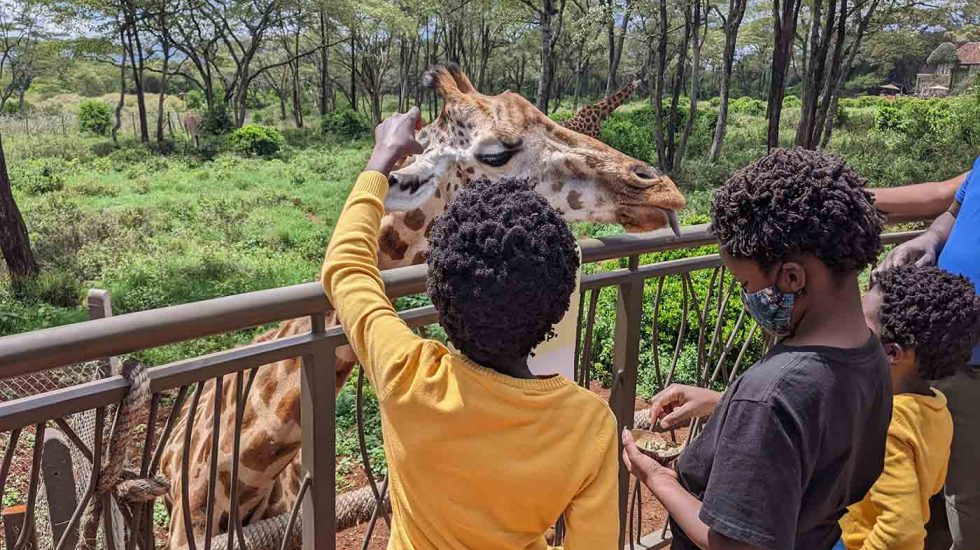In today's interconnected world, the internet serves as a vital tool for education, communication, and entertainment....
8 Signs to Know if your Kids has ADHD and/or Dyslexia
Parenting is a full-time job and if you’re a parent, you will know that nothing keeps you up at night more than that gut feeling that something is off with your kids. One of our parents experienced this situation when they noticed a persistent pattern of inattention, hyperactivity, impulsivity, plus reading and spelling difficulties that affected her child’s daily home and pre-school life. Upon scrutiny and talking to a specialist, her child was diagnosed with mild Attention Deficit Hyperactivity Disorder (ADHD) and Dyslexia.
Click here to join our WhatsApp channel for more things to do with your kids!

What is ADHD and Dyslexia
ADHD and dyslexia are distinct neurodevelopmental disorders affecting kids at home and in school, each one presenting a unique challenge for families. While ADHD shows as a lack of attention, hyperactivity, and impulsivity, whilst dyslexia is characterized by difficulties with reading, spelling and writing.
Kids with ADHD and Dyslexia can show the following signs and symptoms
1. Inattention: kids with ADHD will have selective attention span and will veer off from learning activities that require sustained mental effort such as reading and writing but may enjoys physical activities that allows movement and manipulation of learning props.
2. Hyperactivity: kids with ADHD will be restlessness and fidgety and find it difficult to sit still. This will also manifest as difficulty engaging quietly in activities such as play.
3. Impulsivity: when playing with other kids, children with ADHD find it difficult waiting for their turn and interrupt their friends’ conversations or games during play.
4. Emotional Regulation: a child with ADHD is easily frustrated or angered and will find it difficult managing their emotions, so will often cry or remain sad when triggered.
5. Academic and Social Difficulties: At school, children with ADHD will struggle paying attention to teachers during lessons, including following instruction. They will also struggle making friends.
6. Reading Challenges: A child with dyslexia will find it difficult to decode words, resulting in slow and inaccurate reading (poor reading comprehension)
7. Spelling and Writing Difficulties: children with dyslexia will make frequent spelling errors often reversing letters, including poor letter and number formation.
8. Phonological and Auditory Processing Issues: lastly, kids with dyslexia find it difficult recognizing and manipulating sounds in spoken language.

What to do to support Children with ADHD and Dyslexia
Children with ADHD and dyslexia face challenges in academic, social, and familial settings, impacting self-esteem and relationships. Recognizing the symptoms is crucial for effective management and support. Here are a few things you can do:
1. Create Structure: Establish routines for stability.
2. Provide Clear Instructions: Break tasks into manageable steps.
3. Encourage Multisensory Learning: Use varied approaches for children with dyslexia that include the use of movements and manipulation of learning props.
4. Use Positive Reinforcement: Avoid overcorrecting your child when they make mistakes when reading or writing. Overcorrection may make them anxious and reduce their confidence. Acknowledge and reward positive behaviours.
5. Availing Support Teachers or caregivers: a specially trained professional to help reinforce some of the class learnings through trainings in writing and reading skills plus physical activities that include learning through props. Ms Catherine is one of the Best Homeschooling and Support Teacher Ever!
6. Diet: Reduce or avoid consumption of added sugars, refined carbohydrates, processed foods, commercial juices, cakes, biscuits, deep-fried foods and preserved foods since these foods are known to precipitate hyperactivity and inattention.
Encourage consumption of vegetables, including foods rich in zinc such as simsim, pumpkin seeds and almonds. (these seeds can be ground and added in cereals or porridge).
Children can also take rosemary or sage mixed in juices and other foods. Supplements such as Fish Oil Omega with DHA, L-Tyrosine and all-round Multivitamins can also help in the management of ADHD and Dyslexia
Disclaimer: Any information provided in this blog is for informational purposes only and should not be considered as a substitute for advice from a doctor or any health professional.



